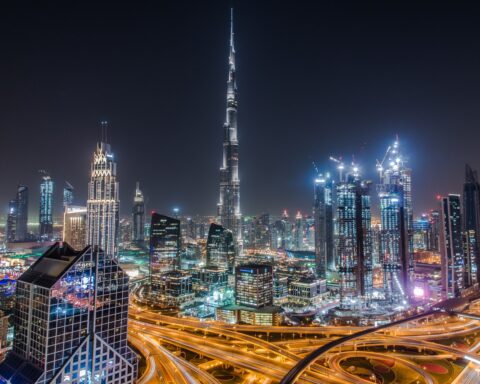Doha, (Parliament Politics Magazine) – It started off as the triumph of the century for Qatar, but quickly turned into a spotlight of disapproval.
Qatar won the bid to host the World Cup in 2010. This meant that a fresh start was imminent. Ambitious plans for new stadiums, luxury hotels and a new metro were outlined. The result of such luxury, was the opportunity for increased job security for the people of Qatar.
Since then, the sparkly façade has shattered, revealing the true implications of a country fixated on its vision. Hundreds of thousands of migrant workers laid the foundation of Qatar’s extensive transformation while a buildup of human rights violations ensued. Forced labor, debt bondage and worker death toll was exposed and criticized on a global scale.
Given the public uproar, Qatar implemented detailed labor reforms. Its purpose was to enforce a system which made it illegal for migrant workers to change jobs or leave the country without their employer’s permission. The implementation of a minimum wage for migrant workers and harsher penalties for companies that were not compliant with the implemented labor laws was also implemented.
These implementations were justifiably met with approval within Qatar and worldwide. Despite the perceived change in labor reforms and working conditions for migrant workers, many claim that not much has changed. The International Labor Organization (ILO) claimed that more than 200,000 workers changed employers since the new laws were rolled out. However, according to a study compiled by The Guardian, current workers continued to work in poor working conditions, with low wages. Multiple workers claimed that employers refused to sign resignation letters or issue “no-objection certificates”. Despite the labor reforms that were implemented.
A minimum wage of 1000 riyals a month was implemented during the construction of the labor reforms. Despite the Qatari government being one of the richest within the world, its equivalent is GBP 1 an hour.
Pressure has mounted, as the World Cup commencing in November, for Qatar to uphold the labor reforms that they promised to both the stakeholders of Qatar as well as its migrant workers. However, most of Qatar’s luxury construction has been implemented. Meaning that migrant workers underwent poor working conditions throughout the construction of the prestigious event. As the construction ends, the importance to continue fighting for the rights of migrant workers will continue to be relevant.
Migrant workers and the conditions in Qatar were only presented to the world by such force because of the prestige surrounding a transformed Qatar. Those who were the implementers of the transformation (The migrant workers) therefore were in the spotlight.
The question that remains is: What will become of migrant workers and labor reforms in Qatar once the World Cup is completed… Once the spotlight is no longer on Qatar?


